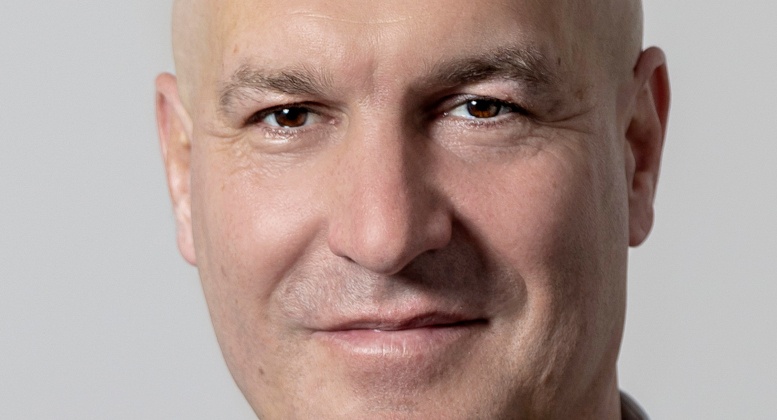A Düsseldorf court has ruled in favor of German hemp company Hempro International GmbH (Hempro Int.), striking down a citywide ban on the marketing and sales of products containing CBD in natural extract form.
Hempro Int. went to Düsseldorf Administrative Court last autumn to contest a July 11, 2020 ruling by the city that led to the ban, saying it resulted from a misinterpretation of guidance from the State Agency for Nature, Environment and Consumer Protection (LANUV) in the state of North Rhine-Westphalia. The ban, in the city where Hempro is headquartered, threatened jobs and created insecurity among consumers, the company said when it filed the case.
LANUV, in a legal assessment in April 2020, said only the sale of products containing cannabidiol as “CBD isolates” or “CBD-enriched hemp extracts” from hemp should be prohibited, but not traditionally produced natural extracts. CBD products that exclusively reflect the natural spectrum of the plant’s components do not contain such isolates or CBD-enriched extracts.
The cannabinoid CBD contained in the natural spectrum is naturally present in industrial hemp in the highest proportion of all cannabinoids.
‘Illegal, inadmissible’
“According to the decision of the Administrative Court, this all-encompassing sales ban is illegal and inadmissible,” Hempro Int. Managing Director Daniel Kruse said after the ruling.
“This is another landmark decision on the way to a responsible, normal market situation for the cultivation of industrial hemp and the sale of natural CBD products in Germany,” said Kruse, who is also President of the European Industrial Hemp Association.
EU countries and local jurisdictions are in the process of clarifying and adjusting their laws and regulations on CBD to be in accord with a decision last year by the European Court of Justice, which ruled in a French case that hemp-derived CBD should not be considered a narcotic, and that the compound should be free for trade among EU members states. That ruling also led the European Commission to reverse it’s previous position and declare that hemp should not be considered a narcotic in EU states.
“In the course of the ongoing legal dispute, the city of Düsseldorf has for the first time admitted and agreed with our opinion that the part of the general decree on the CBD sales ban that we objected to does not actually apply,” said Kruse, who had repeatedly offered to talk to the city about the sales ban’s overreach — without success.
Drop of bitterness
“On the other hand, the court proceedings we initiated on this point in dispute have now been all the more successful,” said Kruse, whose company nonetheless had to pay all legal costs because the court said Hempro Int.’s right to sue over the matter had lapsed.
However, the decision of the Düsseldorf Administrative Court does bring one drop of bitterness to Hempro. Although the company was proven right in the outcome of the case, it had to bear the costs of the proceedings, Kruse said.
“Once again, this shows the arbitrariness of German authorities when it comes to the topic of hemp,” Kruse said. “In the course of the ongoing legal dispute, the city of Düsseldorf has for the first time admitted and agreed with our opinion that the part of the general decree on the CBD sales ban that we objected to does not actually apply. Nevertheless, we have to pay the costs of the legal dispute, because in the opinion of the court, our right to sue on this point has lapsed.
“The fact that the city of Düsseldorf, as a result of its conduct, gave rise to the judicial clarification of this legal issue in the first place, on the other hand, was unfortunately not taken into account by the court,” Kruse said.

